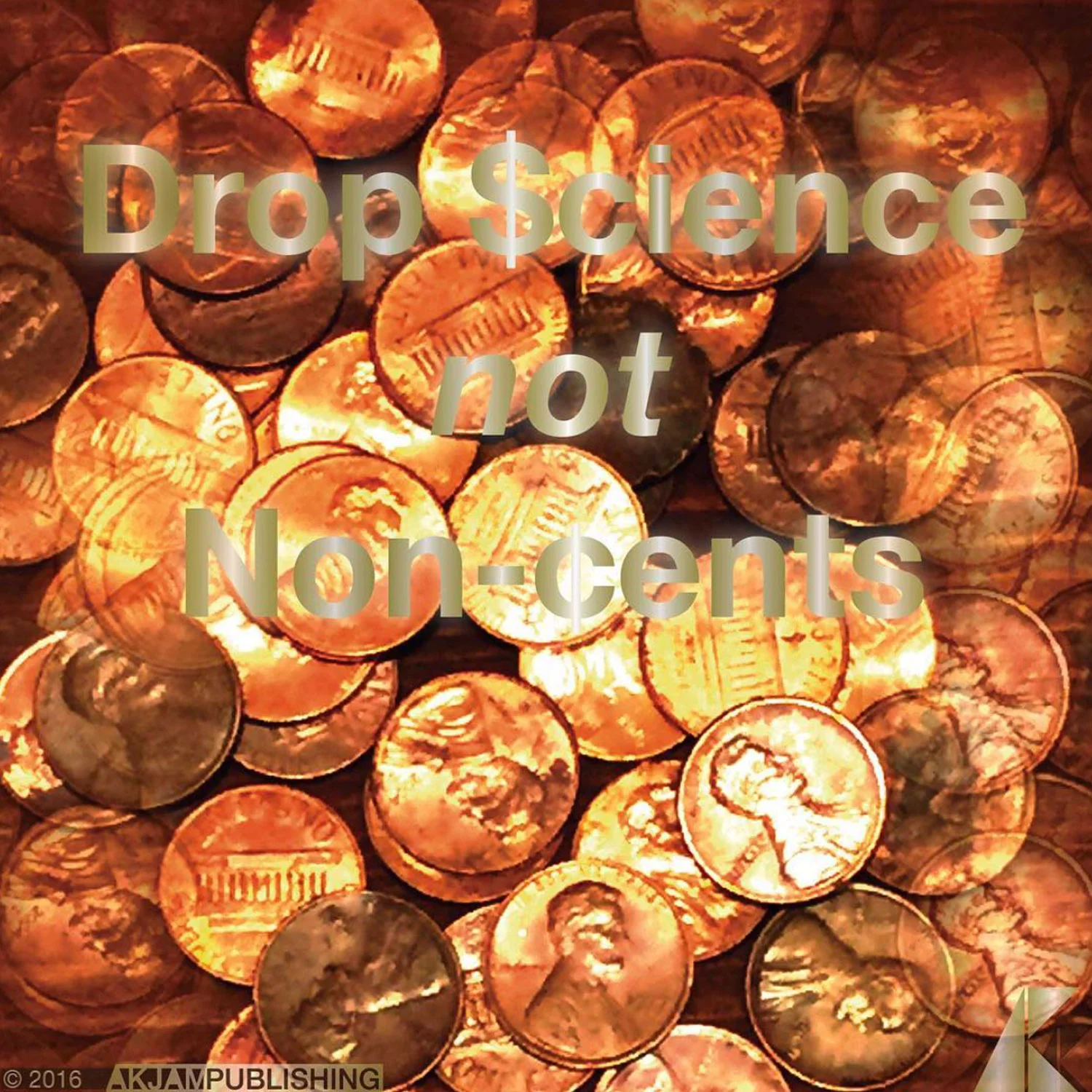The Toxicity of the Clinical World: Part I: The Basics
Job Title: Clinical Research Associate (CRA)
Job Focus: Pharmaceuticals/ Monitoring medical research and clinical trials
Years in the Game: 10
Education": BS Biological Sciences
Whereabouts": That Silly Spot Silicon Valley
A clinical research associate in the silicon valley tells us about how she chose industry over research, what is scary about clinical work, and who calls the shots.
“ I like working with different people, on trials, and on maintaining integrity- making sure they don’t kill someone or harm them.”
Q & A:
Q. What does your title mean?
A. I work for a CRO (Clinical Research Org) that secures contract work from pharma’s to handle studies of thousands of people that run across countries. We build relationships with doctors and nurses at the study sites instead of dealing with pharma’s. I monitor drug trials to ensure that trial sites are maintaining integrity, not fabricating data, and following FDA guidelines. Assuring that study subjects are safe and sound results are obtained within regulatory compliances is the purpose of my position.
Q. What does a typical day look like?
A. I travel to sites and aim to meet with doctors (MD’s) who are managing the study. MD’s don’t meet with us at every visit due to their time constraints. I help to close-out issues; resolve them so they are not neglected. It’s important to gather if a serious adverse event occurred, which needs to be reported to us, the sponsor, or the IRB (Internal Review Board) within 24 hrs. If a coordinator doesn’t report these events immediately, then I need to fix it pronto. It’s imperative to let the sponsor know about any events as soon as possible: Are drugs dispensed correctly, what happened to the drugs that are not returned correctly, are there discrepancies in the data, are files updated properly? I also check standard lab stuff: Is the equipment working, are drugs stored properly? When I am not traveling I work from home and teleconference a study meeting every week to share updates.
Q. How did you get into your field?
A. As a lab technician performing pre-clinical research of clinical studies, I got to know study coordinators who held the same degree as me. I liked the idea of travel and the work looked interesting. At the time, I didn’t think about the negative aspects like working on reports until the wee hours. I started at the bottom and took a pay cut, but the amount was still livable for a single person 10 years ago. I made a lateral transition and learned to see if I liked it.
Q. How did you land your spot?
A. Through the conventional way: applying through the company’s application system and also word-of-mouth. A recruiter assists me in some cases and former colleagues in others. Outsiders of the industry can choose either a recruiter or online application.
Q. Which has helped you more, your degree or your experience?
A. Experience helped me move up. My degree helped me get into the scene- my boss at the time I started was stringent and would not hire anyone without the proper academic and employment background.
“There’s no life in management”
Q. What skills are needed to do what you do?
A. Research or coordinator experience helps. A CRA position doesn’t require as much as intricate pre-clinical research, but it’s advantageous to be familiar with all the FDA lingo and guidelines- these can be learned on the job. Reputable organizations require a science degree, but any 4-year degree will do at other institutions. Obtaining a project management certification from extended education colleges and online sites (either credited or uncredited universities) may help to get you into the field, but it’s not good enough to do the work. Clinical certifications from university extensions benefit acquiring assistant level positions.
Q. What do you like about your job?
A. I like working with different people, on trials, and on maintaining integrity- making sure they don’t kill someone or harm them. I’m also impressed to see down-to-earth doctors who work hard and care about their patients. They don’t mind taking the extra time to see patients and help them. I also like the flexibility of not working in a cubicle and not commuting.
Q. Why did you choose industry over academia?
A. It just happened. I once worked at the sponsor company, so I did not come into direct contact with the academic side that ran the trials. When I started working I was unaware about academic coordinators. I learned that most coordinators are on their way to med school, so their salary is not great. CRA seemed to be a better choice financially.
Q. Which do you prefer?
A. If I could do it over again I’d be in research in a therapeutic area that I like. I think researchers don’t make what they deserve. Clinicians make more despite researchers being the brainchild. Clinical is not much more than a lot of paper work. A PhD with research experience could get a position as a sub-I (investigator under the PI)- they would not prescribe drugs to subjects and the PI would be responsible for publishing trial data. Also, a PhD is better than an MPH (Masters in Public Health) because it’s just administrative stuff and not real research.
Q. What are your goals for career advancement?
A. I enter the principal level, but few companies have that. Actually, I can do this for 16 yrs. I’m waiting as long as I can before shifting to management because I want a balanced life. There’s no life in management- even on vacation you’re answering emails. Management doesn’t travel and makes sure the sponsor is happy; they oversee the entire study by working on contracts, budgets, and timelines. Most of the more capable employees I know in my field want to stay away, but the competitive career climbers are eager to assume the managing positions.
Follow the slither to The Toxicity of the Clinical World Part II: The Sh*t Getting Real.
SCIENCE IS BEAUTY™
EFFORTLESSLY BEAUTIFUL IN THE LAB.

























